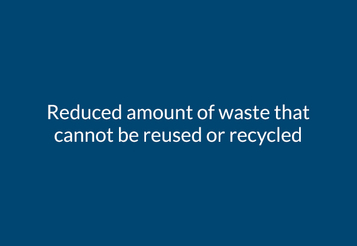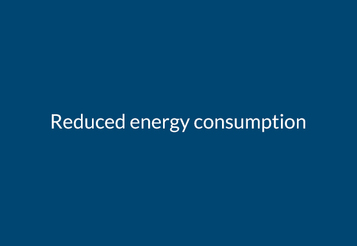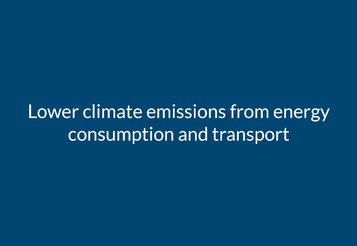-

OUR RESPONSIBILITY FOR THE ENVIRONMENT
-
ALL IMPACT ON THE ENVIRONMENT MUST BE MINIMISED
The Group’s companies are manufacturing industries whose operations lead to various kinds of environmental impact. This can include the impact of energy consumption, from various materials or waste and climate emissions, all of which place a burden on the environment
Our selected measurement areas are waste, energy consumption and climate emissions. The Group’s long-term objective is to minimise all environmental impact by making active, sustainable choices of materials, processes and transport. All the companies in the Group are working actively towards these goals and setting up their own measurable environmental targets, the results of which are reported annually along with a plan regarding how to continue working to further reduce their impact on the environment. -
WASTE
As manufacturing companies, we have an environmental responsibility, not only to ensure that our production processes live up to stipulated requirements, but also regarding what happens with waste material during manufacturing and finished products when they reach the end of their service life or are no longer being used for some other reason. The work on increasing the proportion of waste that is sorted at source and recycled is continuing throughout the Group. Other activities include training initiatives, procedures for reusing packaging and digitalisation projects in order e.g. to reduce the number of paper printouts. -
CLIMATE EMISSIONS
A large proportion of our manufacturing takes place in our own premises in Sweden and Norway. The energy production in these countries is largely derived from renewable sources, which contributes to relatively low climate emissions. Our internal meetings, which previously entailed travel, are now increasingly being conducted using digital solutions. In the case of personal meetings, we coordinate with each other and prioritise more sustainable ways of travelling.
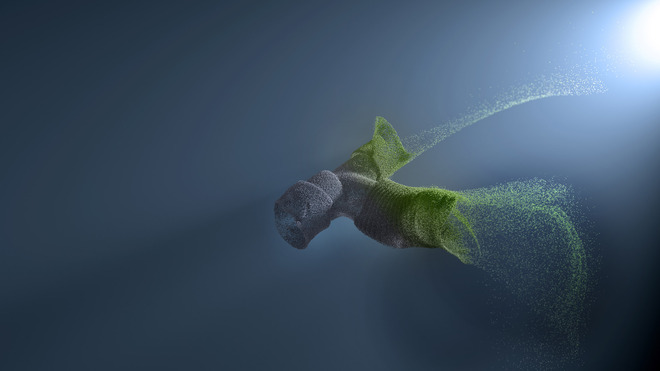
RECYCLABLE LIGHTWEIGHTS
Using a new method, lightweight products are being created from a 100% recyclable plastic material. The lightweight variants, which can replace some of a vehicle’s plastic parts, are generating many benefits. In addition to the positive environmental aspect, the method entails a reduction in weight, higher sound absorption capacity and better heat insulation for the products.
Read more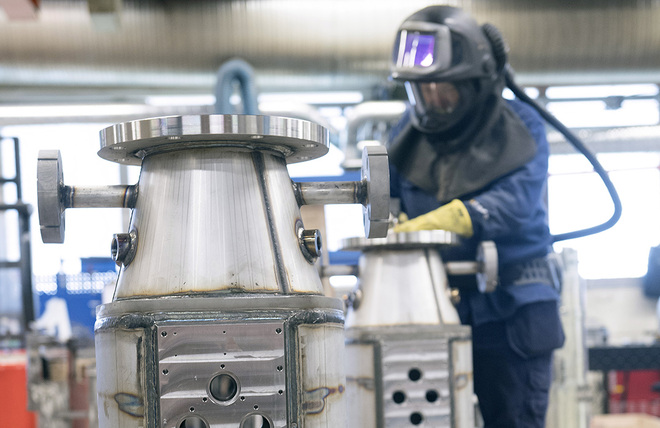
GLOBAL ENVIRONMENTAL WORK CREATING BUSINESS OPPORTUNITIES
The collaboration between Fredriksons and Alfa Laval was launched in 2011 on the basis of an international convention initiated by the UN’s shipping organisation, the IMO. This convention, which has been signed by 47 countries around the world and must be complied with by the member states, is creating benefits for the environment as well as opening the door to new business opportunities.
Read more-
ENERGY CONSUMPTION
Energy is required in order to run the businesses’ production. In addition to a reduced environmental footprint, lower energy consumption also produces cost savings, resulting in positive effects for both customers and ourselves. As a result, we conduct energy surveys at the business’s various facilities with the aim of streamlining our energy consumption, for example through energy recovery from our own processes as well as environmentally aware choices when replacing e.g. light sources or investing in new machinery. -
MEASURABLE SUSTAINABILITY WORK
Each quarter, all the companies in the Group report data regarding waste, energy consumption and climate emissions, which is then compiled at Group level and compared with previous periods. Our aspiration is to ensure that the Group’s operations generate a minimum of waste. The waste that nevertheless results from the things we do is dealt with by recycling companies to ensure that material handling is as circular as possible. When we measure our energy consumption, this includes electricity, district heating, LPG, natural gas and oil for operation, heating and cooling, as well as fuel for travel and transport using our own vehicles.
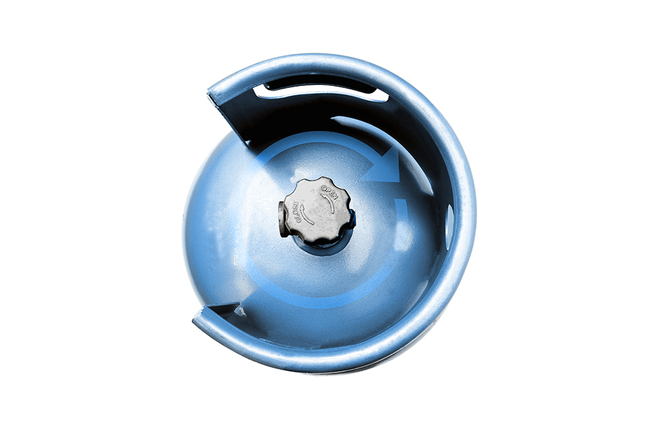
CIPAX RECYCLING ENERGY
Through a collaboration with a neighbouring company, Cipax in Norway is utilising residual propane that would otherwise have gone to waste.
Read moreOUR ENVIRONMENTAL INDICATORS
The basic preconditions for our measurement of improvements in respect of the environment are that all Group companies report data quarterly regarding waste, energy consumption and climate emissions based both on in-house systems as well as information from suppliers. This data is compiled at Group level and compared with earlier periods. Comparisons are performed both with regard to total volumes and in relation to sales. When calculating indicators regarding sales, the comparison period’s amounts are converted to the relevant period’s average exchange rates. Newly acquired companies are included in those cases where data is available, and on a whole-year basis.
Our basic aspiration is to ensure that the Group’s operations generate a minimum of waste. The waste that nevertheless results from our activities must be dealt with by reputable recycling companies to ensure that material handling is as circular as possible. Over the past year, following a recommendation from our environmental consultant, we have altered the fractions for the collection of data for the main groupings of waste deposited for material recycling and incineration with and without energy recovery, as well as landfill.

